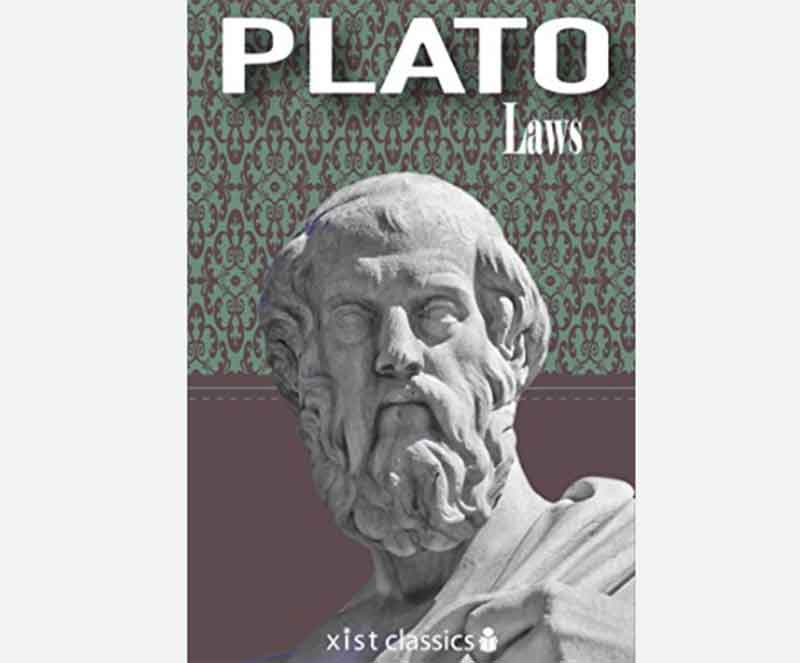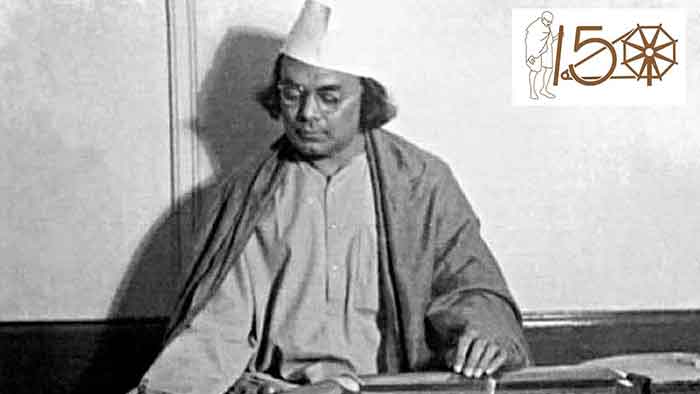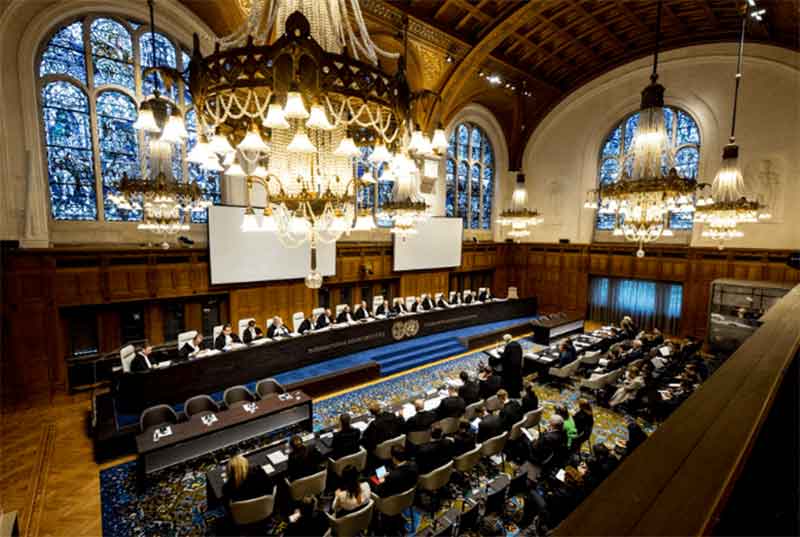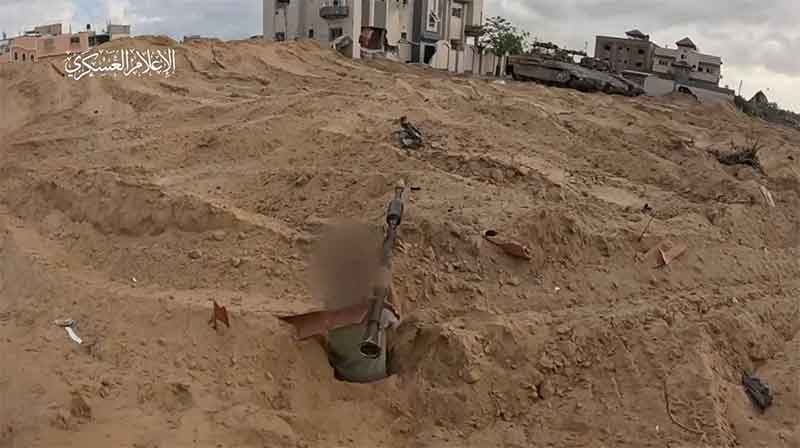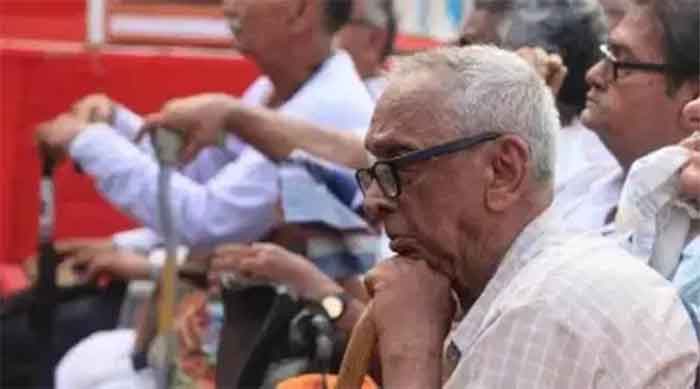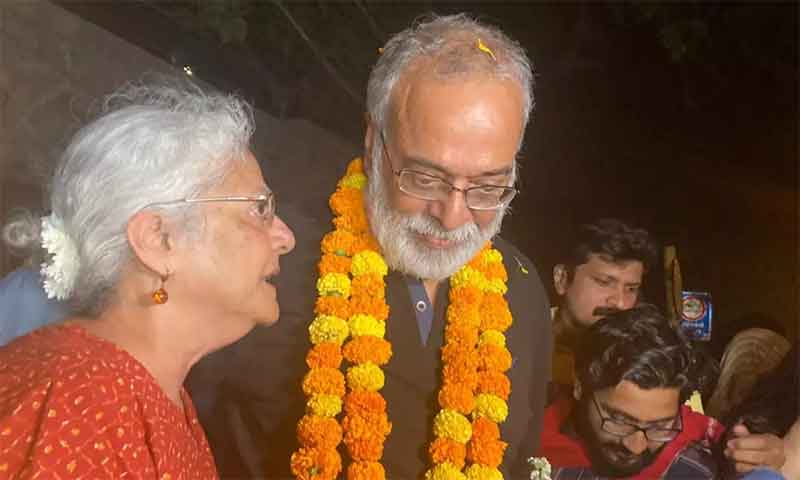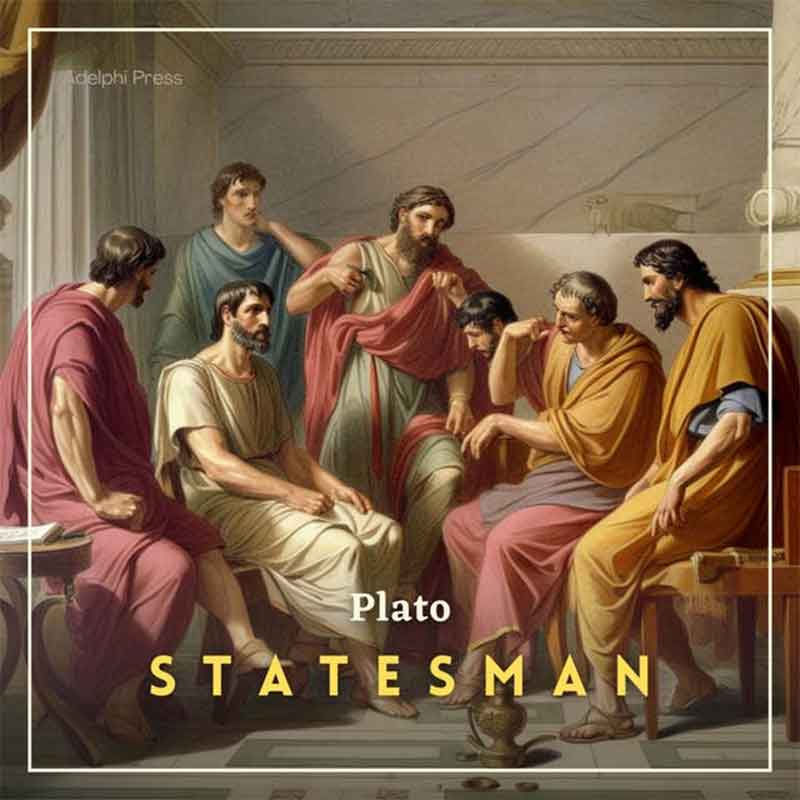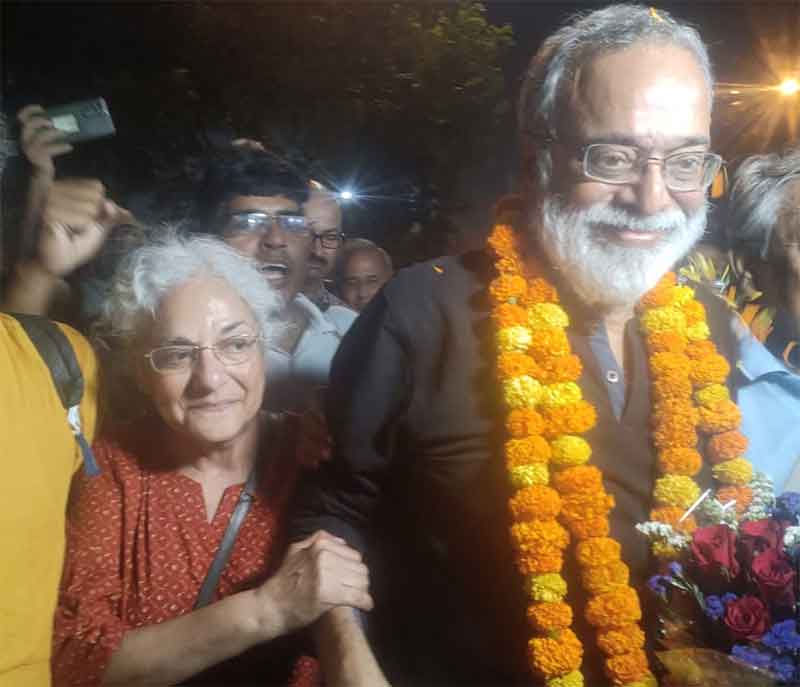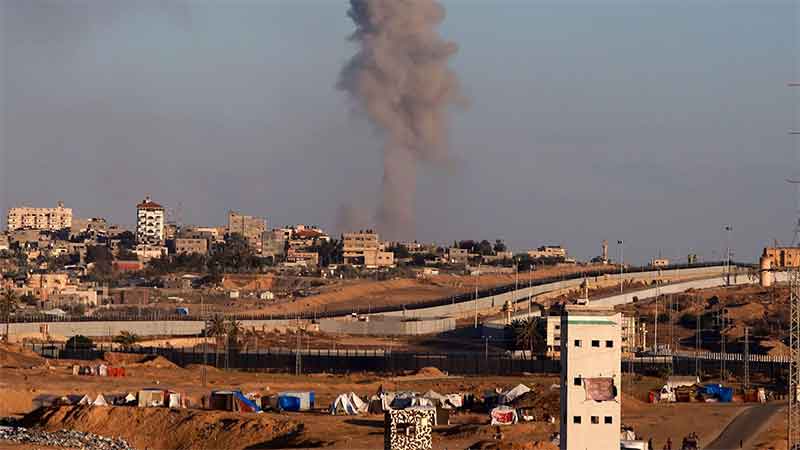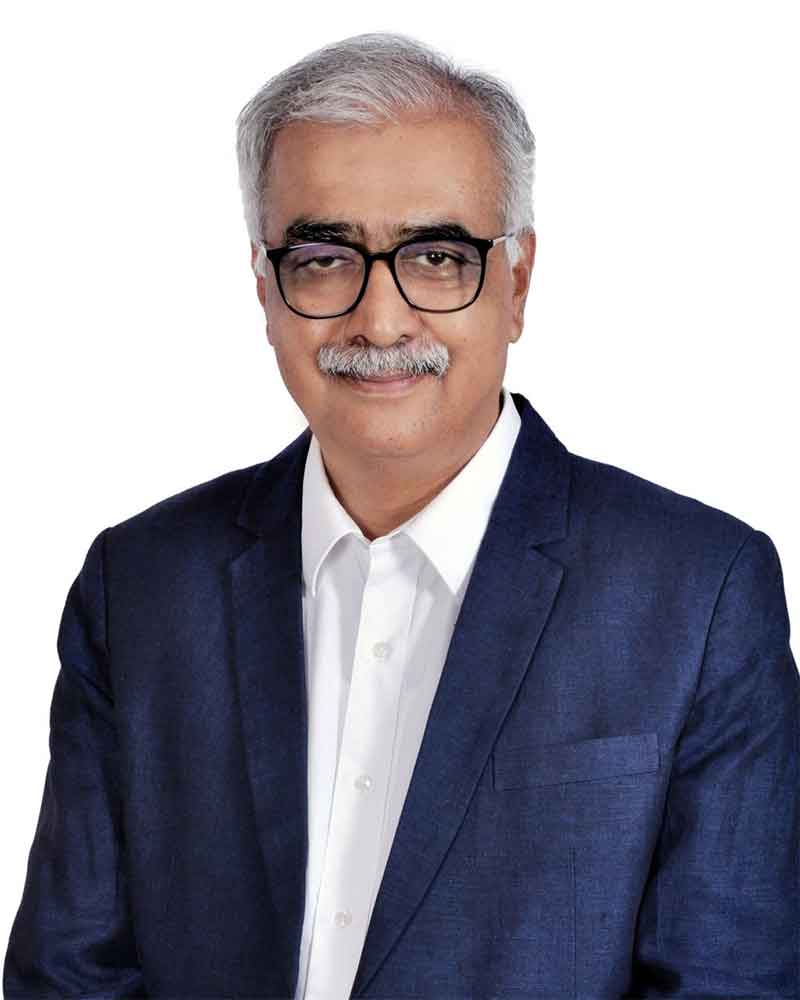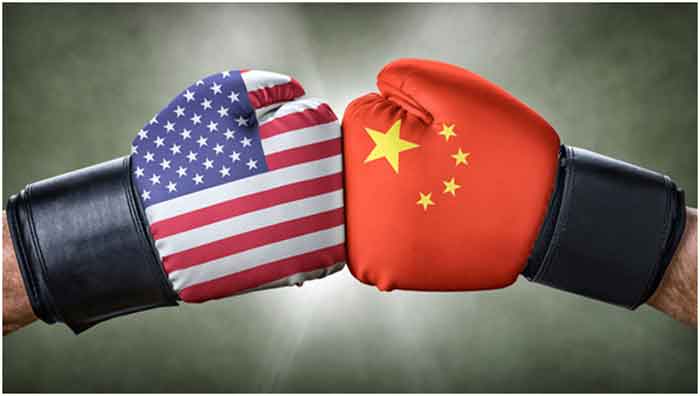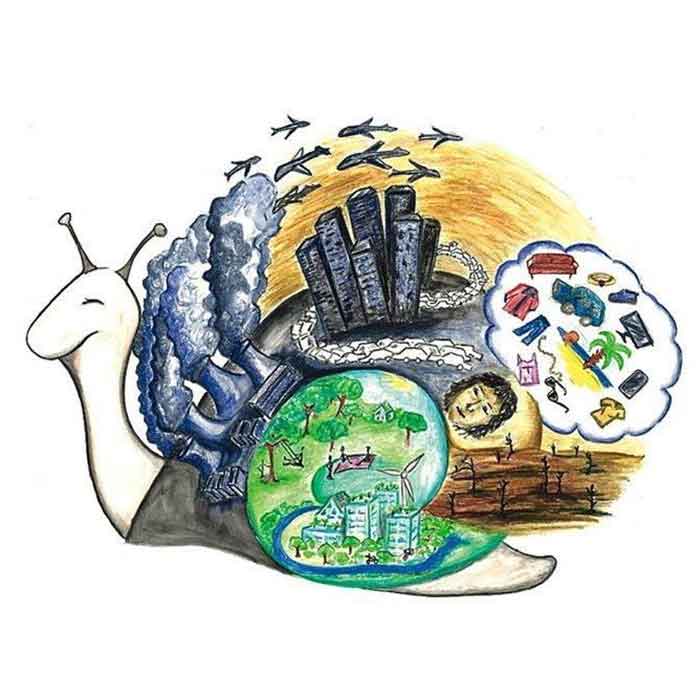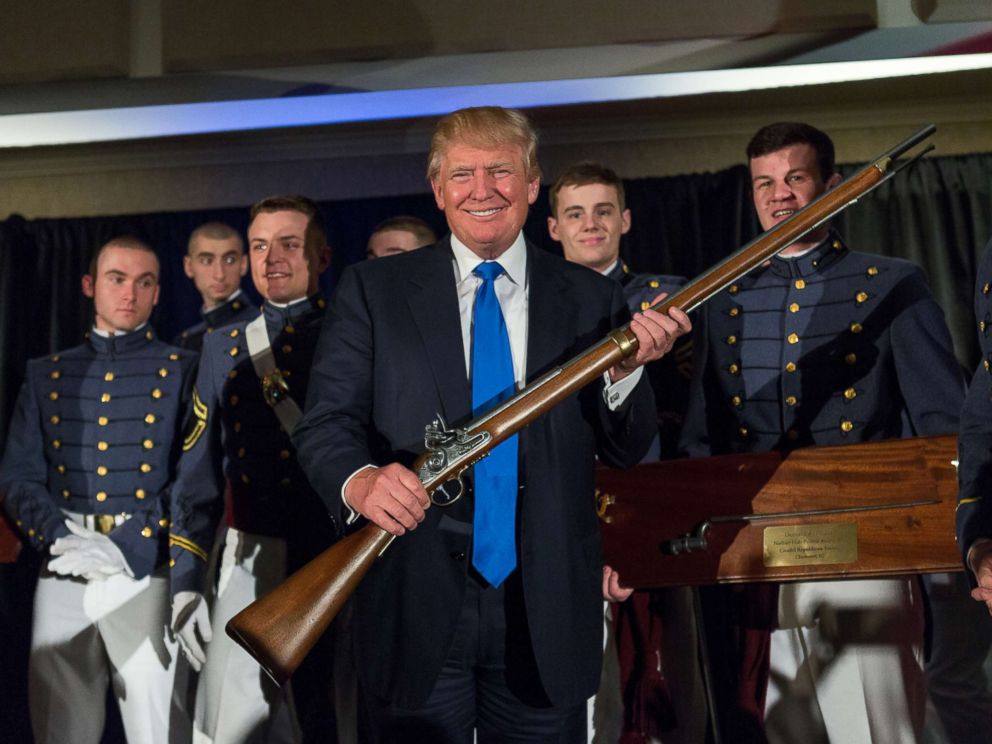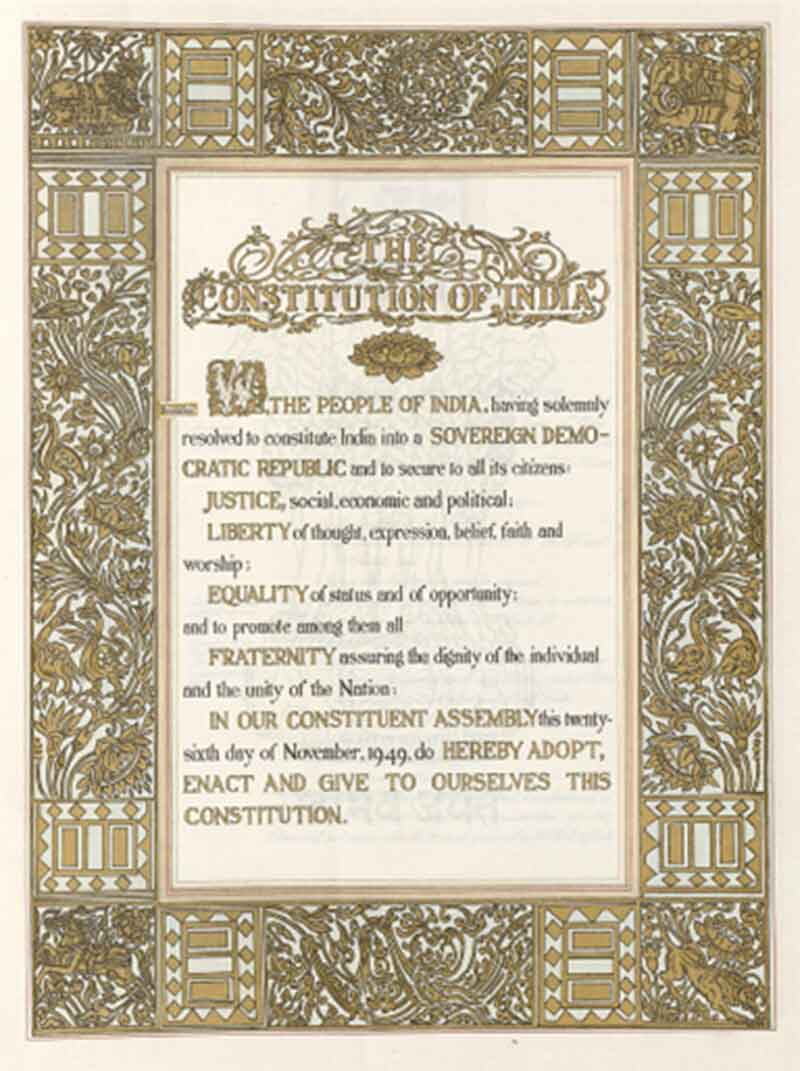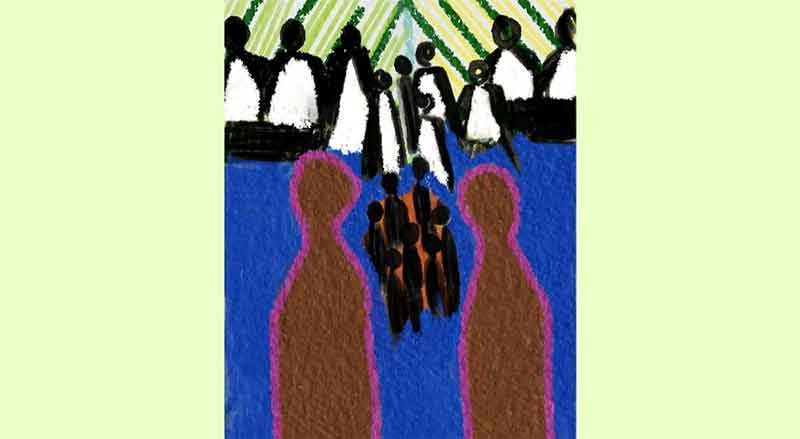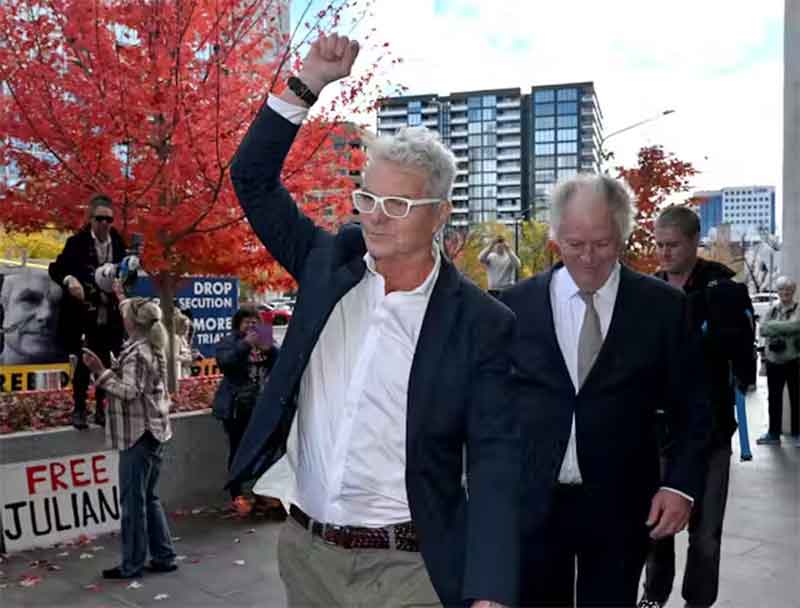Muslim, Markaz and Corona are terms which have- in various combinations- appeared before us way too often in the past few months. As subject of fiery debates, opinionated discussions and intellectual discourses, the so-called ‘Muslim’ angle of the COVID saga has been probed a lot. In fact, as the phased ‘unlocking’ of the country begins this month, debates such as the above seem to fade rather quickly from public memory. However, we must be wary as the seemingly ‘random’ episodes of scapegoating and discrimination against the Muslims that keep happening, take us back, time and again, to the history of prejudice and violence reserved for the minority community in the country.
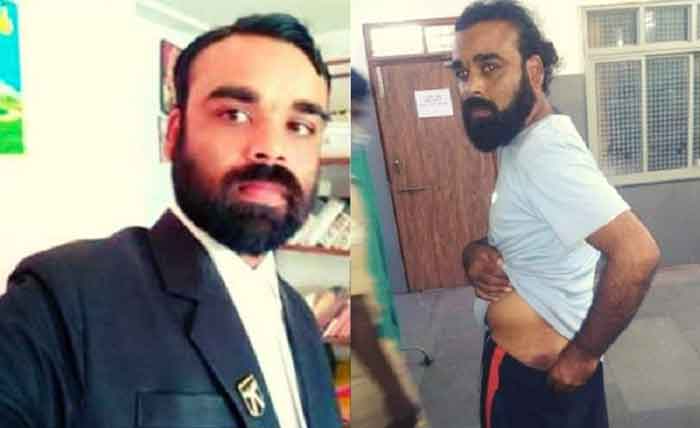
In March this year, as the country faced the first phase of a complete shutdown due to the COVID crisis, a lawyer in Betul district in Madhya Pradesh, out to get medical aid, was allegedly beaten up by the cops, who ‘mistook’ him to be a Muslim, because of his beard. Two months later, the lawyer was still running pillar to post, to get a FIR lodged and the CCTV footage of the incident, released through an RTI.
In the following month of April, a BJP MLA from Charkhari in UP’s Mahoba district owned up a now-viral video in which he is seen threatening a Muslim street vendor and his son outside his residence, on the pretext that the latter were doing business under a false Hindu name, and were allegedly not wearing mask or gloves.
Very recently on June 1, the principal of a prominent medical college in Kanpur, UP was caught on camera, allegedly calling the members of the Tablighi Jamaat terrorists who should be sent to jungles or kept in solitary confinements, rather than the state wasting crucial resources like doctors and medical kits on them.
All these reported incidents throw light on the escalating graph of vilification, hate crimes and atrocities against the Muslim community who are, by the latest orchestration, being held responsible for spreading the deadly corona single-handedly. The name calling, social denunciation and ostracization interspersed with brutal physical attacks on the Muslims by the ‘protectors’ of law- both institutional and the self-proclaimed vigilante– that has followed, is a ritual too oft-repeated to skip attention. Several occasions in the past bear witness to a similar string of reaction against the minority community: be it the aftermath of Delhi state election results early this year, or during the course of anti-CAA protests.
This time, it is about the Muslims being at the roots of a severe health crisis. They are being portrayed as breaking quarantine rules by running from mosque to mosque, defying the mandatory social-distancing by gathering at mass prayers, hiding away from getting tested, attacking the health-workers and even spitting around to spread the contagious virus! A substantial contribution of our responsible media has been to term these ‘perilous’ actions of the Muslims as corona-jihad. In fact, all of our concerns related to the questionable and worrisome lack of basic health care, protection gears for the frontline workers, affordable testing and basic requirements like masks, fly in the face of the ‘Muslim’ factor which appears to be a bigger threat than anything else right now. As the news channels cry hoarse over the possibility of the gathering at the Markaz being the main reason behind the disease’s fast spread, the society reflects much ingenuity in its own responses against the perceived ‘criminal’: Muslim vegetable vendors draw flak from the customers, their businesses are boycotted, a Muslim teen in UP out to buy biscuits gets beaten to death by the policemen on charge of breaking the quarantine rules, a private hospital in Meerut puts up a board disallowing Muslims any treatment, a Muslim pregnant woman in Rajasthan is denied medical care which leads to death of the baby, her counterpart in Jamshedpur was asked to clean up blood before being turned away, the spiral of events thereafter leading to the death of her baby. The apparent show of strength and solidarity by the civil society to defeat the crisis, especially on the urgent call of the prime minister, seems to sit comfortably with an incriminating attitude towards the minority community. Constant appeals to the sanity of society to not treat a corona-infected individual as some sort of wrongdoer, seems to not work or apply in the case of the Muslims.
Much has been written about the Markaz incident being a fit example of serious misrepresentation of facts by the media as well as the state agencies, and rabid attempts by the same to cover up the role, or rather, failure of the central government leading up to the whole situation. The communal overtone of a section of mainstream media is yet again apparent in its prompt condemnation and demonization of the Muslim people in the wake of the Markaz episode. The Muslims are now being vilified not just as the assumed ‘other’ of the Hindutva world view, rather they have been turned into an enemy of every common citizen of the country. That even the most liberal of sections of the population is questioning the actions of the Tablighi jamaat, and demanding an introspection in the least, speaks of the success of an opportune politics to have established the Muslims as a ‘general’ threat to the entire social body. The more disturbing aspect, though not unprecedented, is that a Muslim in any part of the country, is being held answerable and somehow responsible for the Markaz episode.
The recently-churned identity of the Muslims as the ‘villains’ in the narrative of the corona spread now mediates the community’s conditions of daily existence, including access to basic material necessities like food, health care and work. In fact, it would not be wrong to say that the latest wave of persecution of the Muslims in the name of being carriers of the deadly virus, is noticeable for its attack on their economic mainstay. After having being socially and culturally maimed for several decades, the Muslims now face the worst form of assault on their livelihood and means of subsistence- something, from which many might not even resuscitate. We are familiar with horrific tales of loss of businesses and property belonging to Muslims in areas like Chandbagh and Khajuri Khas during post-Delhi elections pogrom, as the neighbouring Hindu-owned shops remained untouched. Small shops owned by the Muslims selling meat, medicines, grocery, mobile repair- which did not represent big businesses so to say, yet, were the main source of sustenance for a lower-class family- were torched and brought down by the frenzied rioters. The situation remains unchanged even now, as Muslim street vendors are asked to confirm their identity before they can put up their stalls. Hindu-owned stalls are asked to sport a ‘bhagwa’ flag, a pass for legitimate business that is denied to the Muslims. This is just one example among several others which proves that denial of basic livelihood is the heavy cost to be paid by the members of the minority community as a punishment on their alleged role in inflicting the virus upon the nation.
The ‘other’ as the perpetrator
We must ask how the resolve of a democratic society to fight a deadly disease is linked with or contingent upon penalizing an entire community for a make-believe crime, which is more likely a result of an age-old, hyper-nationalistic propaganda against the minorities. Even if we contend that the gathering at Markaz was somehow responsible for the spread of the disease to some extent, is it morally permissible to stamp the entire Muslim community as criminal, subjecting them to not just illegal, but unjust and inhuman conduct? The answers to such questions do not lie someplace else, rather as a society we must look within, how far we have come to realize our worst of fears come true- as always- in the existence of the most vulnerable. In the most trying moments in the life of a nation, those surviving at the peripheries of societal existence- the poor, the migrants, the minorities- appear to be the inevitable ‘perpetrator’ of all kinds of social maladies or afflictions. The world is witness to the ‘uniqueness’ exhibited in the chronicles of India’s fight against corona: an intensification of class-based polarization in society, resulting in the desertion of the most needy- the labouring poor- by the state and society. The same cycle of abandonment and systemic negligence now plays out for the Muslims, as they are made to pay in blood and life in such times of crisis.
It will be an over-simplification to say that the disruption caused by a severe crisis like corona is getting the better of people and communities, and bringing out the worst in them. Politically, a more pertinent observation would be to say that any kind of crisis of this scale double serves as an opportunity for a conservative political agenda to target those communities already at the helm of social and economic marginalization. This appears to be more realistic especially in the context of the recent wave of emergence and coming into prominence of right-wing governments and political parties in much of Europe and Asia. The anti-immigration politics becomes evident in the way the Chinese population in Italy- making up to nearly 8.3% of the non-EU citizens- is subjected to verbal and physical abuse on the charge of spreading the virus. Most of these Chinese workers are concentrated in the textile sector, are contractual or part-time workers, several of whom have been laid off because of closing of many such factories. Cases of racial discrimination against the Asians have skyrocketed in countries like Australia, the UK and the US. The far-right parties in France, Germany and Spain have suggested closing down of the borders for the immigrants in order to stop the spread of the COVID-19. The nationalist government in Greece is considering to go ahead with its plan to build ‘closed’ camps, somewhat along the lines of detention centres, for the asylum seekers, in order to contain the threat of spread of corona. Businesses in London’s Chinatown have suffered owing to rumours and misnomers related to ‘eating of Asian food’. In Bolivia, three Japanese tourists were forced into quarantine, despite being asymptomatic and never having been to China. In India, the people from the north-eastern states face the brunt of racial prejudice, as they are called names and ridiculed upon. If tracing the past from the present were allowed, we would find historical accounts of similar happenings: Jewish communities being blamed for the Black Death in the 14th century Europe, for the simple reason that the mortality rate among the former was less than that in the Christian communities. Many Jews as a result, were tortured and even faced death on the charge of purposely spreading the disease. By 16th and 17th centuries, the fate of the Jews was extended to all the ‘outsiders’ entering Europe.
It is in the body of the ‘other’ that the fears and insecurities of the civilised world become alive. The fear of the uncontrollable brings to the surface the entrenched prejudices in us, as we scramble to find a solution. The figure of the Muslim has, for long, been established as an aberration to the otherwise smooth narrative of the nation and its history. Call it the success story of an aggressive Hindutva politics since the 1990s, or its recent institutionalization into the state structure since 2014, the anti-minority and anti-Muslim stance has managed to permeate deep into the psyche of the civil society. The resultant Islamophobia within the society has touched new heights since then, and it is upon us to comprehend the convoluted structure of it. Religion-based discrimination intermingles with class and caste prejudices that alienate the Muslims further from the mainstream society. More than 85% of the Muslims in the country belong to the lower castes- the Dalits and the OBCs-, engaging in a range of caste-defined occupations like julahe, kasai, fakir, Hajjam, mehtar, gwala, dhobi, badhai, lohar, darzi and the like. For a good section of the Muslims, therefore, access to and opportunity for a dignified life and work, basic rights, education, healthcare and political representation is interceded by their caste as much as their religious identity. Moreover- and especially in the post-Babri Masjid era- the growing contempt against the Muslims, which includes looking down upon their traditional occupations, customs, religious and cultural expressions, is very much driven by a Hindu upper caste mentality. The current health crisis provides a temporary garb for these very structures of oppression to manifest themselves upon the Muslim community in new and violent ways, highlighting yet again, the latter’s inferior citizenship status in the country.
Corona: health crisis or a social break-down?
The corona crisis could not have hit us at a worse time. With the economy reeling under the effects of a sluggish growth rate, severe depression in manufacturing and an all-time low employment rate, the health crisis has assumed critical proportions, holding dire social and economic consequences for the deprived populations. Not much hope is generated in the antics of a government that is limited to appealing to the citizens to take care of themselves in the times of crisis. It has nothing substantial to offer to the millions who are staring into uncertain futures, displaced as they are from their means of living. The public addresses by the head of the state- riding high on self-appreciation- seem almost delusional, contributing to the glaring disbelief that India, amongst all the countries in the world, is leading the struggle against the deadly virus in its own distinctive way. The reality narrates a different story, as our televisions screens are filled with images of poor children searching public dustbins for food, or a man competing with dogs to collect milk flowing down the roads. Daily survival is, very evidently, the bigger struggle threatening much of the population in times of the epidemic. There is absolutely no institutional mechanism in place to cater to the basic needs for survival of the masses, let alone any assurance from the government for the coming days. In fact, the renewed targeting of the Muslims comes across as an induced ploy to divert public attention from the more pressing social and economic issues; it serves to hide from public scrutiny, the complete collapse of the state machinery to save its own citizens from the health crisis or the ghastly socio-economic implications of it. One can even argue to an extent that the ongoing politics of religion-based polarization- at the behest of a majoritarian state- is a pre-emptive measure to divide and dissipate the growing frustration and anger of the working poor against the multiple failures of the system. Turning the poor against his own brethren in the name of religion, caste or ethnicity has been an oft-used political tactics on the part of the state in much of Indian history.
In the whole scenario, the building frustration of the middle class finds an easy vent in the figure of the ‘erring’ Muslim, assisted as it is by the wide web of a communalized media, adding fuel to fire. The gnawing contradictions of the lockdown measure, witnessed primarily in the economic choking of the labouring class, cannot be passed off as a casualty in the societal battle against the epidemic. Similarly, linking an entire community with the spread of the fateful disease is nothing but an errant politics of scapegoating to avert attention from the more crucial issues, and as is evident in the context of India, it also serves to further the political agenda of a majoritarian state by stoking Islamophobia.
Shashwati is Assistant Professor at the Department of Political Science at Mata Sundri College for Women, University of Delhi. She has completed her Ph.D. from Jawaharlal Nehru University and currently stays in Saket, New Delhi. Email: [email protected]
SIGN UP FOR COUNTERCURRENTS DAILY NEWS LETTER



